 |
 |
 |
 |
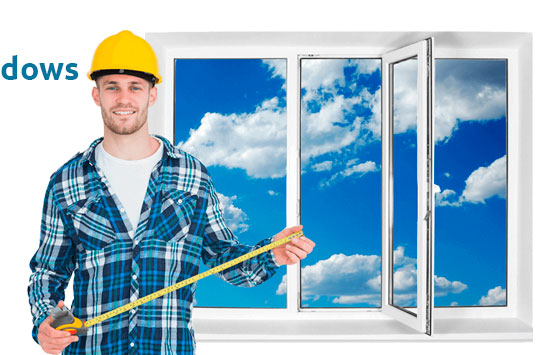 |
|
 |
 |
||
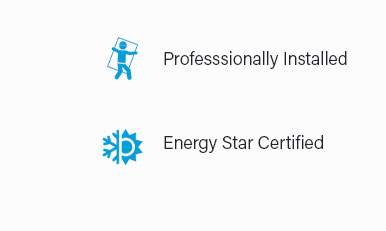 |
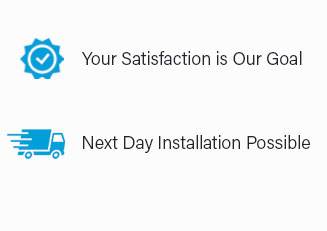 |
 |
 |
 |
 |
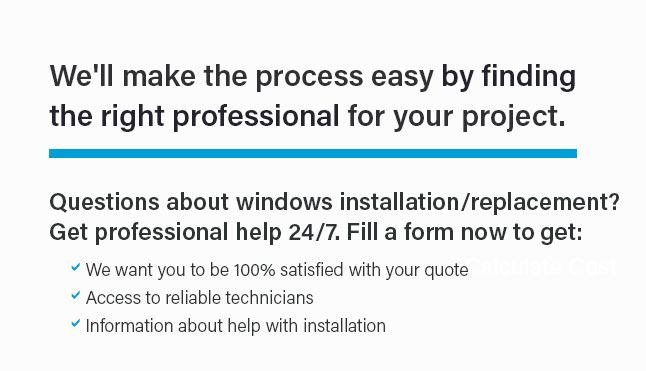 |
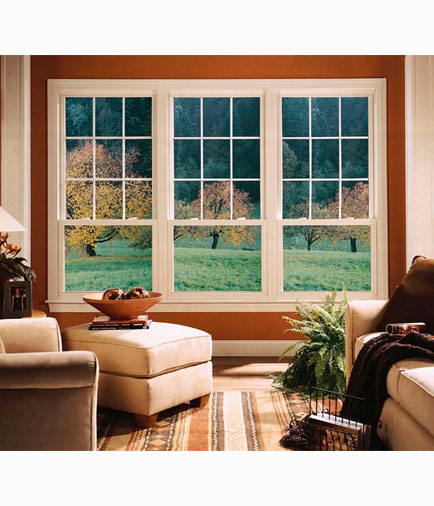 |
|
 |
||
 |
 |
 |
|
The Cost of Replacing House Windows: A Comprehensive InsightWindows are the eyes of a home, offering not just a view of the outside world, but also playing a crucial role in the aesthetic appeal, energy efficiency, and overall comfort of a dwelling. Yet, the decision to replace them is often fraught with considerations both financial and functional. Understanding the various facets of window replacement costs is essential for homeowners embarking on this transformative journey. Firstly, the type of window plays a pivotal role in determining the expense. Double-hung windows, known for their classic appearance and functionality, tend to be moderately priced, whereas casement windows, with their unobstructed views and excellent ventilation, can be more costly. On the higher end of the spectrum, you have bay windows, which not only add a touch of elegance but also increase interior space, albeit at a premium price. In contrast, sliding windows offer a more budget-friendly option without compromising on style. Material choice is another significant factor impacting cost. Vinyl windows are generally the most economical, offering durability and low maintenance. In contrast, wooden frames exude natural beauty and provide excellent insulation, but require regular upkeep and come with a higher price tag. For those seeking a balance between durability and aesthetics, fiberglass windows present an attractive, albeit pricier, alternative. Beyond the windows themselves, installation costs must be considered. Professional installation ensures proper fit and function, safeguarding against drafts and ensuring energy efficiency. Although DIY enthusiasts might be tempted to tackle this task independently, the complexity of window installation often warrants the expertise of seasoned professionals. Labor costs can vary significantly depending on the region, the complexity of the installation, and the number of windows being replaced. It's also crucial to factor in the potential for additional expenses. For instance, if the existing window frames are damaged or not structurally sound, repairs or reinforcements may be necessary. Furthermore, upgrading to energy-efficient windows, while initially more expensive, can lead to significant savings on utility bills over time, not to mention the added benefit of a reduced carbon footprint. From a broader perspective, replacing house windows is an investment not just in the present functionality of a home, but in its future value. Modern, energy-efficient windows can enhance curb appeal, potentially increasing the market value of a property. While the initial outlay might seem daunting, the long-term benefits often justify the expenditure.
In conclusion, while the cost of replacing house windows can be substantial, the benefits in terms of enhanced comfort, increased home value, and improved energy efficiency are considerable. By carefully weighing the options and making informed choices, homeowners can ensure that their investment in new windows will pay dividends for years to come. https://www.unifiedhomeremodeling.com/how-much-will-it-cost-to-replace-the-windows-on-my-house/
You can expect to pay from $5,000 to $12,000 to replace the windows on an average home. https://www.thisoldhouse.com/windows/window-replacement-cost
Window replacement costs an average of $554 per window, depending on the window style, frame material, and brand. Join more than 4,492 people ... https://www.nerdwallet.com/article/mortgages/replacement-windows-cost
Window replacement costs about $300 to $2,500 per window. For a house with 20 windows, that equates to about $6,000 to $50,000. The actual cost ...
|